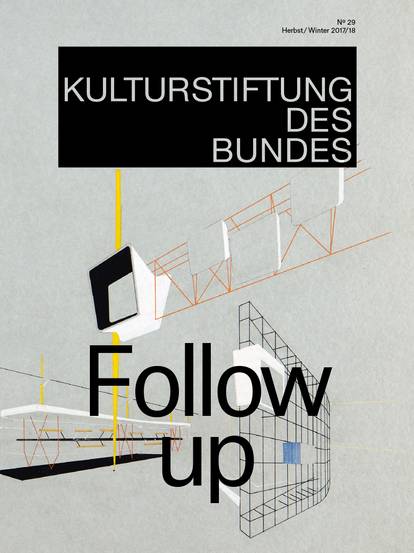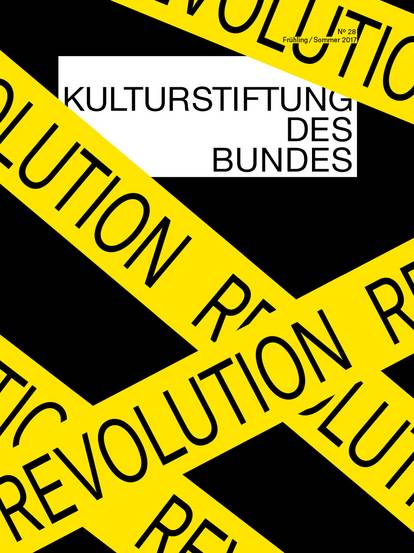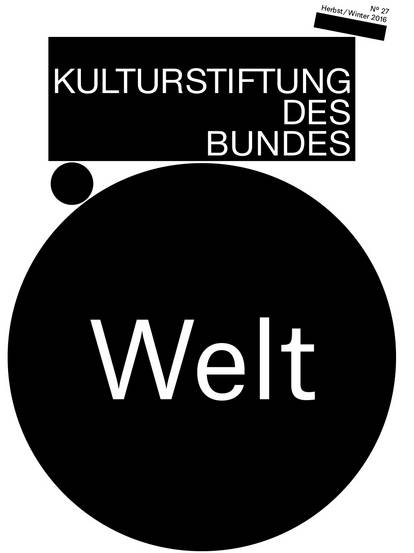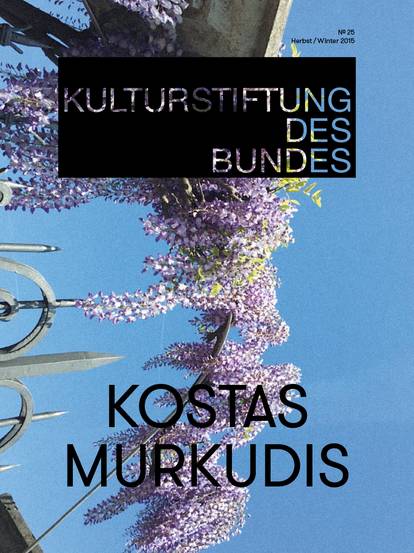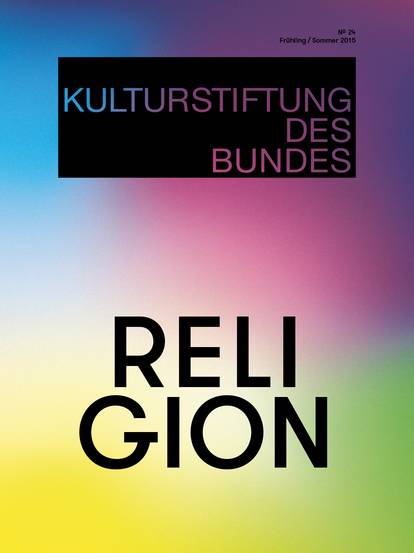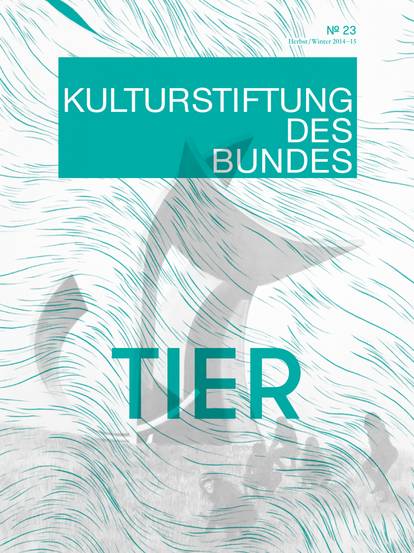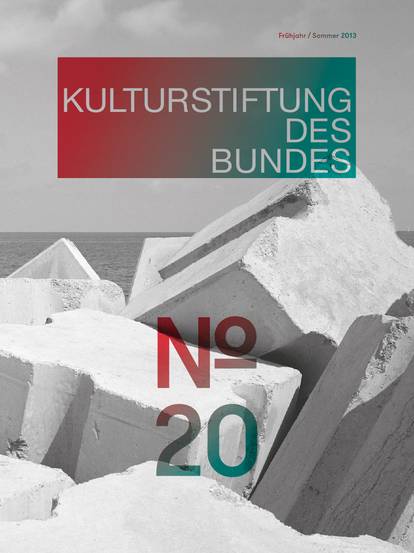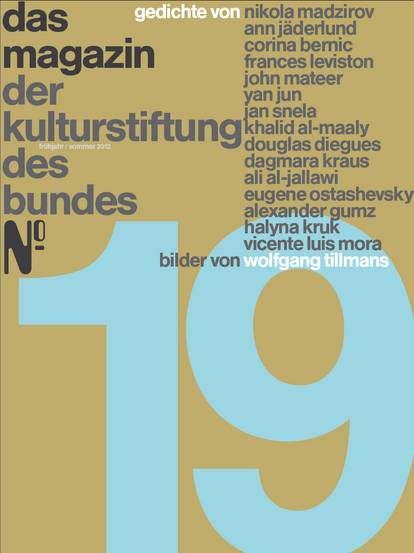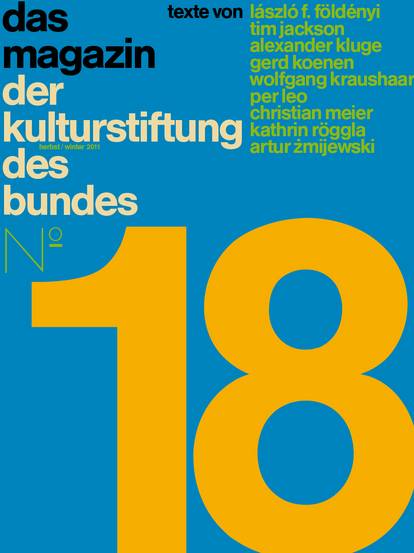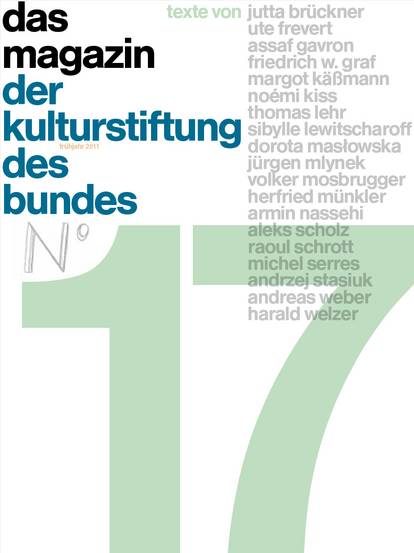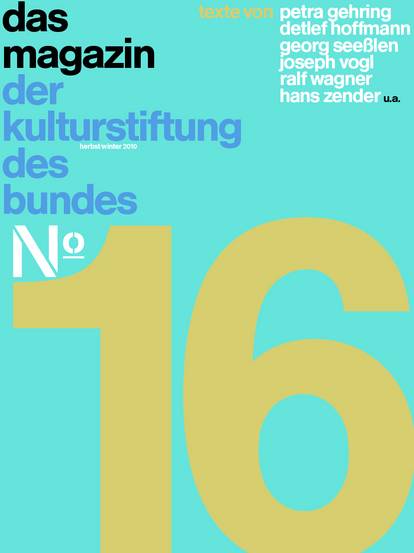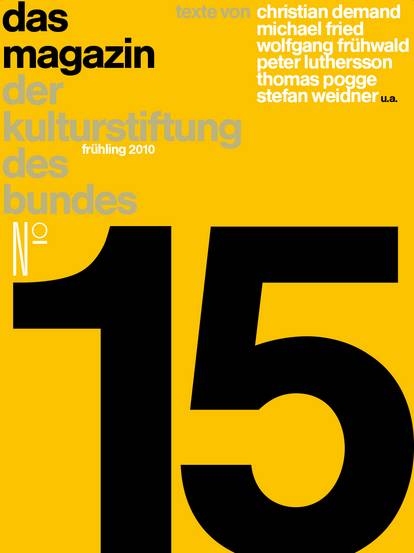When it comes to balancing climate justice and international cultural exchange, there is no dilemma, argues Till Briegleb.
If we wanted a straightforward answer to the question of what we urgently need to do, it would probably be enough to read all the news, articles and studies we could get our hands on in one day about the condition of our planet and the reasons for it. We would have to immediately stop traveling by plane and eating animals, driving cars and always buying new things. We would have to avoid plastic and reduce the exorbitant energy consumption of our modern lifestyle, and we would need an economy that rejects growth and promotes sustainability instead of excessively and unscrupulously feeding the hunger for status, money and ownership which are so inherent to capitalism.
But unfortunately, it doesn’t work that way. Not even in private life where everyone claims to have a bad conscience, to be aware of the problem and have changed their behaviour are punished by naked statistics. There is hardly a conversation about nutrition and mobility without most people stating they hardly eat meat anymore and only travel by train, while the number of airline passengers constantly rises and meat consumption (which is far more environmentally detrimental than car and air travel) remains an unshakeable fact of life in German meals.
But awareness of the problem doesn’t even work in the area of culture which insistently views itself as avant-garde in assuming a critical-constructive approach to the world. At the beginning of 2019, the advisory board of a very large German institute and global player of international cultural exchange intensively discussed the urgency of taking a more sustainable position with regard to travel and made “Ecology and Sustainability” one of its three core themes. A year later, the total number of kilometres travelled by plane by its staff is exactly the same as the previous year. That doesn’t include the global travel of artists and mediators which were planned and made possible with tax revenues for business-related purposes.
This “consequence paralysis” is not specifically inherent to any single organisation. It is rather an expression of the structural inability of our time to place the need for solidarity above our personal goals. For the world is not too small for humanity. It is merely too small for its habits. While most people react to this truth with ignorance, the cultural sector offers the excuse that people say and demand one thing from others, while they are unwilling to adopt any serious alternatives to their prior behaviour. The word of the day, like a mantra of forgiveness, is “dilemma” – the motto of this issue.
With this word, which tastes of fatalism wrapped up in a predicament, the cultural industry apologises for the fact that they’re doing what they’ve always done because they have “good” intentions and are pursuing worthy goals. And not only that. Most institutes, festivals, biennials and events in the cultural field behave almost exactly like their commercial mirror structures in the growth economy and engage in endless competition with one another to achieve the superlative, expanding each year to appear even more significant and delivering as many short-lived sensations as possible to attract audiences from as far away as possible. In terms of climate ignorance, there is little difference between the Venice Biennale and an international travel agency. Even the catering at both organisations is identical: fast food of animal origin, packaged in plastic.
Evidently, it doesn’t make sense to hope that the self-regulating forces of insight and bad conscience will resolve the “dilemma” of the cultural industry. After all, the “truths” about the “limits to growth” are almost 50 years old; it was 1972 when the Club of Rome first presented a report of the same name, containing the first comprehensive treatment of the subject. But when it comes to their own reputation and personal advantage, culturally minded individuals behave no differently (structurally speaking) than teenagers on a shopping spree or SUV drivers with frequent-flier status. “Less!” is not a real option. Consequently, change without growth can only function by means of rules and incentives that are binding for all market participants.
The four most impactful conditions for achieving binding regulations on responsible action, which by no means would be the death knell of cultural exchange, could be: transparency, standards, cooperation and time.
Transparency
As long as cultural organisers continue to keep their production context secret like any porkchop factory, their actions are no different than other deniers of global chain reactions. That’s why a compulsory climate damage traffic-light system would be the first step to honestly dealing with one’s climate transgressions. An openly communicated labelling requirement prominently displayed for every visitor to see, showing climate and environmentally relevant factors like air travel, energy usage and the consumption of animal products in the gastronomy sector, perhaps a final balance of air traffic generated by the visitors to the event, would finally lend credibility to the cultural sector whose climate criticism strives to remain relevant – credibility which has been severely battered by extremely climate-damaging events like the last double documenta in Athens and Kassel.
Standards
Based on such comparative values, one could set standards which at least all state-subsidised events would have to meet. This would entail setting aside an environmental budget in proportion to their overall financial budget which would determine the maximum number of flights, kilowatt hours and sausages sold at a given event. Whereby the obligation to compensate for all environmentally destructive measures would remain unaffected.
Cooperation
The massive competition in the cultural sector for originality, premieres, one-of-kind distinctions, internationality and so-called “profiles” – in other words, the cultural branding mania – progressively produces short-lived events which are consistently advertised as must-see spectacles, the majority of which, however, are staged at only one venue. This intellectually and materially wasteful programming mindset, which hardly differs from the capitalistic throw-away mentality of goods and resources, is not only wrong as a matter of fact. It also massively ignores the needs of a culturally interested public without ample time and travel budgets who would like to see interesting productions in their own cities.
In terms of both viewing and staging cultural events, as well as sustainably organising performances and exhibitions at different venues, a somewhat less arrogant, less profile-building form of cooperation and communication would provide enormous potential for cutting down on travel for organisers and audience members alike. But such forms of collaboration not only require organisers to adopt a vastly different attitude regarding the lifespan and creation of cultural products, but also policymakers who have strongly encouraged resource- and travel-intensive cultural brand awareness thanks to their ideology of city competition. This also raises the question of whether it might be better to take a fundamentally different and perhaps more productive approach to the duration and intensity of cultural promotion.
Time
Although everyone knows from experience that productive engagement is better served by patient processes than brief impulses, the “event” is the ultimate of capitalistic cultural production irrespective of whether the content aims to be critical or commercial in nature. International cultural exchange largely consists of imported and exported one-time-only events which frequently fail to make their context understandable. That’s why the gentle pressure to massively reduce cultural jet-setting could also be a chance to initiate a shift to a more sustainable form of artistic and discursive production.
The quality of cultural understanding could be vastly improved by offering fewer, but longer and more intensive visits by artists of recognised intellectual influence, liberating events from the status of exotic experience, and preferentially using mediators from distant countries who already live in Europe. Such artists enjoy the advantage of already being familiar with and understanding two different cultures, guaranteeing a head start in cultural mediation compared to guest performances and exhibition pieces which one cannot help but suspect that their faraway origin was the primary reason for being invited.
In whichever direction our present cultural community wants to head in setting new priorities that genuinely respond to the rapid accelerating destruction of the environment, it will not be able to avoid fundamentally calling today’s modus operandi into question. It will hardly suffice to demand political solutions. Cultural facilitators will have to focus their creative energies on their own structures for a time in order to develop healthier operating systems under the new priorities of climate- and environmentally friendly action. And there is no reason we shouldn’t assume that this constructive search will stimulate better and more sustainable models of cultural exchange. With such constructive intentions in mind, there is no reason why anyone would have to utter the word “dilemma” to explain away their powerlessness in the face of would-be facts.

![[Translate to English:] Magazine 38](/fileadmin/_processed_/f/1/csm_Magazin38_Cover-Vorschau_921x1230_689f428dc3.jpg)
![[Translate to English:] Magazine 37](/fileadmin/_processed_/b/c/csm_Mag37_Cover-Vorschau_921x1230_b5129fdb2a.jpg)
![[Translate to English:] Magazine 36](/fileadmin/_processed_/2/a/csm_Cover_Magazin36__issuu_2f3cef97bb.jpg)
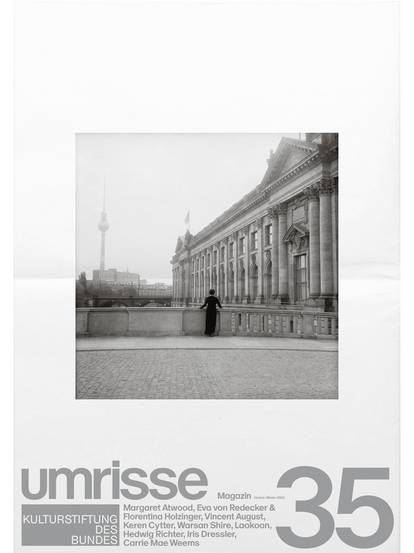
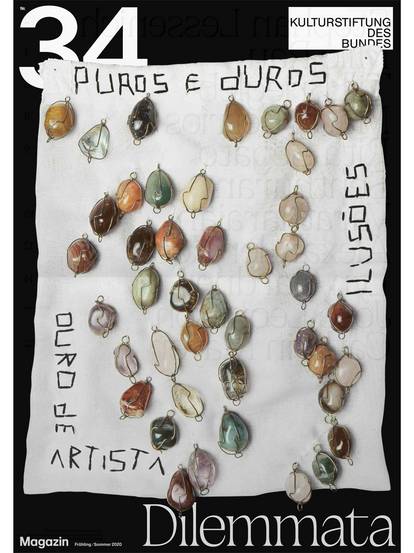
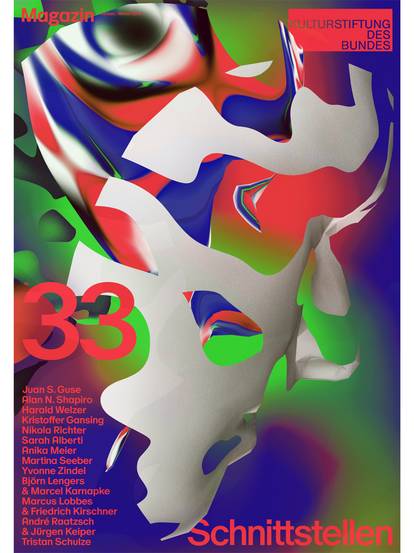
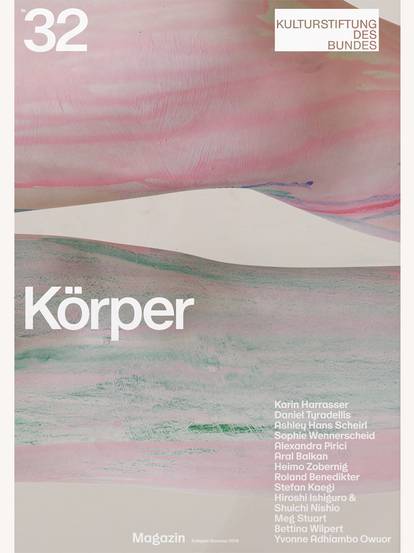
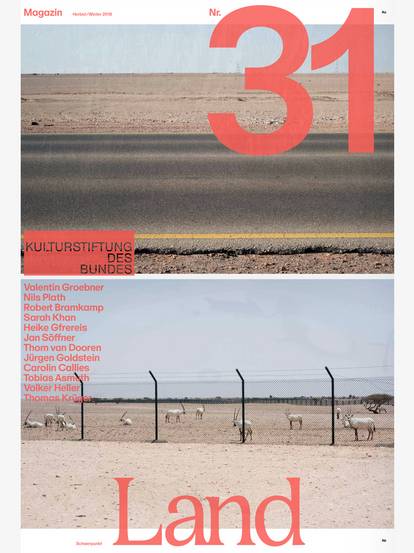
![[Translate to English:] Magazine 30](/fileadmin/_processed_/c/b/csm_magazin30_vorschau_9005f773d3.jpg)
